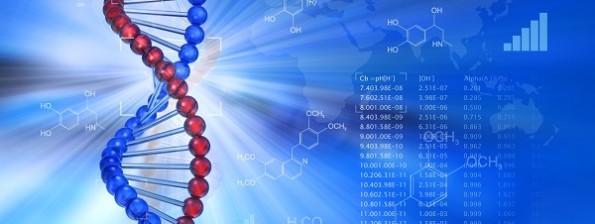Home »
Commerce »
Archive by category "Mobile Apps" (Page 3)
Category Archives: Mobile Apps

How do you get at knowledge in conceptually structured information stores such as graphs? There are multiple ways to get data and information in broad use today. The most common is Structured Query Language (SQL) which is used as the almost universal access formalism for getting, storing and manipulating data in relational databases. An emerging standard […]
Posted by
Joe Roushar in
Computing,
Enterprise Applications,
Expert Systems,
Knowledge,
Memory,
Mobile Apps,
Ontology,
Smart Search,
Software Design,
Technology , Followed with
Comments Off on SPARQL Fireworks

Information Exchange and Transformation Knowledge does the most good when shared. Knowledge that gets lodged in one place may not be particularly useful to many people. But moving digital information from place to place has its dangers. Automating data movement can introduce security or confidentiality issues, data duplication challenges, as well as raising the specter of […]

Cross Pollination Many approaches exist for simulating intelligent behavior on computers. In the past, the most popular approach was to focus on developing a technique and applying it to a problem. Most basic research has focused on single paradigms and their properties. Sometimes, however, in domains where multiple approaches to problem solving are possible, some […]

Genetic Algorithms in Search I think we can safely assume that intelligent applications, including accurate language interpreters and translators, will possess large amounts of knowledge to be processed and searched. Genetic algorithms are great for searching for obscure data in massive search spaces. The mechanism for association in computers can be defined as searching, just as humans describe their […]

Depth-First Search Search is one of many functions needed in intelligent systems. Web search in systems like Google, Bing, Yahoo and Alta Vista use complex algorithms to help you find the information you want based on words. Words are patterns of letters strung together in a unique way. Searching is a kind of pattern matching. […]

Complex Search Finding the information you need can be a problem, particularly when you have to look through tons (or terabytes) of data. I recall when geocaching first became popular. The idea that a technology could create a model for an entertaining activity that connects people in unusual ways is quite diverting. Will it still be popular […]
Posted by
Joe Roushar in
Big Data,
Chaos,
Commerce,
Communication,
Computing,
Knowledge,
Memory,
Mobile Apps,
Smart Search,
Social Interaction,
Social Media,
Software Design,
Technology , Followed with
Comments Off on Finding a Tree in the Forest

Dichotomous logic is useful for reasoning about form or the way things are. Function, or cause and effect, however, is fuzzier because observation may not be enough to exclude other processes that lead to the same result. Heuristic logic applies to function instead of form, prescribing actions based facts. Heuristics often operate at a relatively […]

There may be an incontrovertible thing out there called “truth.” But it seems quite elusive to me. In Japanese it is very polite to append just about any declarative sentence, any assertion of knowledge with “to omoimasu” (と思います) meaning I think. By being less committal, we save the other people in the conversation from embarrassment because their […]
Posted by
Joe Roushar in
Anthropology,
Cognitive Science,
Enterprise Applications,
Expert Systems,
Mobile Apps,
Neuroscience,
Ontology,
Philosophy,
Social Media,
Software Design , Followed with
Comments Off on Context of Knowing, Thinking and Believing

Are you my Motherboard? From Eliza to Watson, Jeeves, Siri and Alfred, people have been naming their computers. Some systems are named after their inventors – like Wolfram Alpha and its siblings. Who is JARVIS? Just Another Rather Very Intelligent System? These attempts have, in their own little ways, touched our lives. But we are still waiting on the cusp of an innovation that will […]
Posted by
Joe Roushar in
Cognitive Science,
Communication,
Computing,
Enterprise Applications,
Expert Systems,
Knowledge,
Learning,
Mobile Apps,
Neural Networks,
Ontology,
Social Media,
Software Design,
Technology , Followed with
Comments Off on Intro to Cybernetic Models













